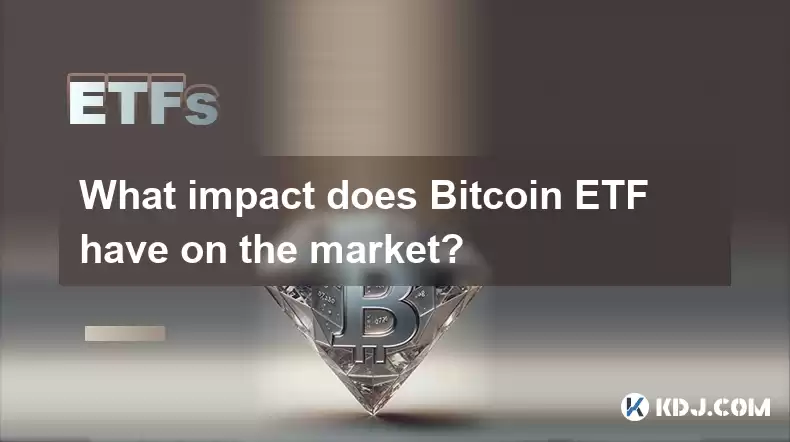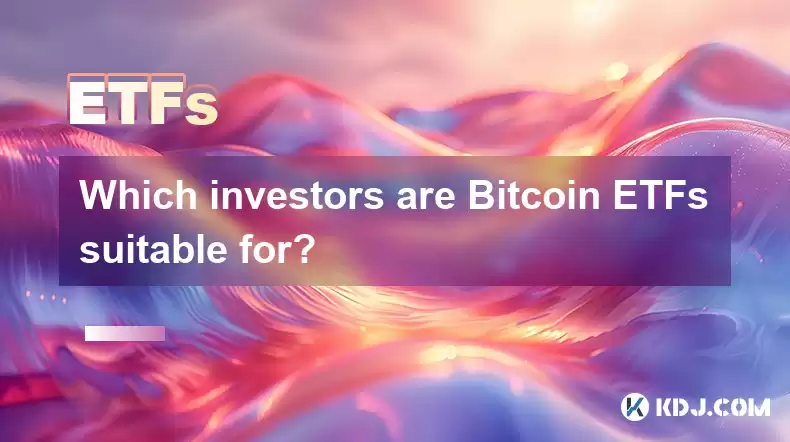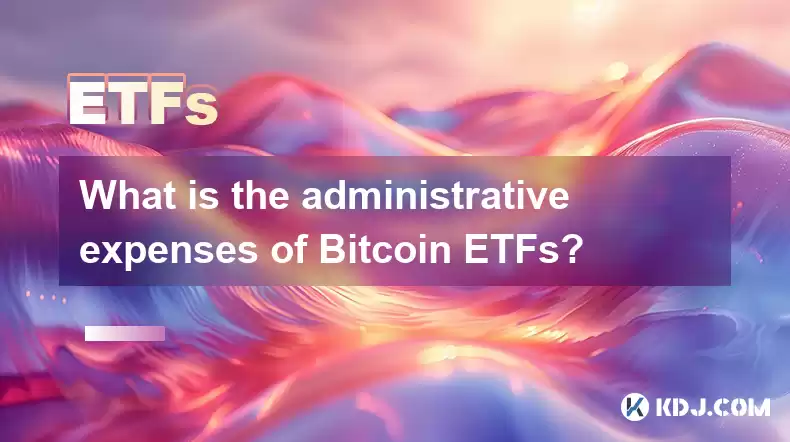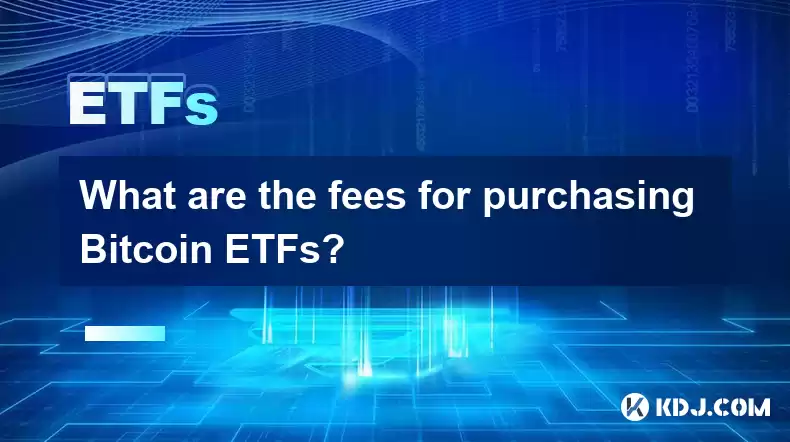-
 Bitcoin
Bitcoin $114400
1.32% -
 Ethereum
Ethereum $3499
2.20% -
 XRP
XRP $2.922
4.26% -
 Tether USDt
Tether USDt $0.0000
0.03% -
 BNB
BNB $752.6
1.53% -
 Solana
Solana $161.8
1.64% -
 USDC
USDC $0.9999
0.01% -
 TRON
TRON $0.3267
1.32% -
 Dogecoin
Dogecoin $0.1991
3.02% -
 Cardano
Cardano $0.7251
3.29% -
 Hyperliquid
Hyperliquid $38.32
3.36% -
 Stellar
Stellar $0.3972
7.58% -
 Sui
Sui $3.437
2.74% -
 Chainlink
Chainlink $16.29
3.65% -
 Bitcoin Cash
Bitcoin Cash $545.3
3.70% -
 Hedera
Hedera $0.2482
7.49% -
 Ethena USDe
Ethena USDe $1.001
0.03% -
 Avalanche
Avalanche $21.40
2.02% -
 Toncoin
Toncoin $3.579
1.56% -
 Litecoin
Litecoin $109.3
2.20% -
 UNUS SED LEO
UNUS SED LEO $8.951
-0.18% -
 Shiba Inu
Shiba Inu $0.00001220
2.75% -
 Polkadot
Polkadot $3.613
2.99% -
 Uniswap
Uniswap $9.173
3.78% -
 Monero
Monero $302.6
2.62% -
 Dai
Dai $0.0000
0.00% -
 Bitget Token
Bitget Token $4.320
1.52% -
 Pepe
Pepe $0.00001048
3.40% -
 Cronos
Cronos $0.1314
4.33% -
 Aave
Aave $259.4
3.54%
Have cryptocurrency ETFs changed traditional portfolios?
Cryptocurrency ETFs have emerged as a valuable tool for investors, offering diversification, simplified crypto exposure, portfolio optimization, risk management, and accessibility, enhancing returns and reducing risks in traditional portfolios.
Feb 21, 2025 at 08:07 pm

Key Points:
- Cryptocurrency ETFs offer diversification and exposure to the digital asset class for traditional portfolios.
- Various types of crypto ETFs exist, including thematic funds, spot ETFs, and futures-based ETFs.
- Crypto ETFs have the potential to enhance returns and reduce risk in portfolios.
- They are accessible to a wider range of investors compared to direct crypto investments.
How Cryptocurrency ETFs Have Impacted Traditional Portfolios
1. Enhanced Diversification
Cryptocurrency ETFs provide a way for investors to add a new asset class to their portfolios. This diversification can reduce overall portfolio risk by lowering the correlation with traditional assets like stocks and bonds. The volatility of cryptocurrencies, however, should be carefully considered within the overall risk tolerance of the investor.
2. Direct Crypto Exposure
Crypto ETFs offer convenient exposure to cryptocurrencies without the complexities of direct ownership and storage. Investors can purchase shares in crypto ETFs through traditional brokerage accounts, similar to buying stocks or bonds. This simplifies the process and reduces the security risks associated with holding cryptocurrencies directly.
3. Portfolio Optimization
Crypto ETFs can be used to optimize portfolios by seeking specific risk and return profiles. Thematic ETFs, such as those focused on decentralized finance (DeFi) or non-fungible tokens (NFTs), allow investors to tailor their exposure to specific sectors within the crypto market.
4. Risk Management
Futures-based ETFs provide a way to gain exposure to cryptocurrencies while managing risks. These ETFs track the futures market for cryptocurrencies, potentially limiting price volatility and offering downside protection. However, futures-based ETFs involve a different risk profile than spot ETFs and require careful consideration.
5. Accessibility
Crypto ETFs have made digital assets accessible to more investors compared to direct crypto investments. Traditional investors can access crypto ETFs through familiar financial institutions, minimizing the barriers of entry and simplifying the investment process.
FAQs
Q: What are the risks of investing in crypto ETFs?
A: Crypto ETFs carry risks similar to those of direct crypto investments, such as price volatility, regulatory uncertainty, and hacking or cyber attacks.
Q: How do I choose a crypto ETF?
A: Consider factors such as the underlying cryptocurrencies, the ETF structure (spot vs. futures), expense ratios, and investment objectives.
Q: Should I invest a large portion of my portfolio in crypto ETFs?
A: The allocation to crypto ETFs should depend on individual risk tolerance and investment goals. It is generally not recommended to overexpose a portfolio to any specific asset class.
Q: How are crypto ETFs taxed?
A: Crypto ETFs are taxed like traditional ETFs, governed by the same tax regulations for short-term and long-term gains.
Q: What is the future of crypto ETFs?
A: As the crypto industry evolves and regulations become clearer, crypto ETFs are expected to play an increasingly significant role in traditional portfolios. They provide an accessible and transparent way for investors to participate in the growth potential of the digital asset market.
Disclaimer:info@kdj.com
The information provided is not trading advice. kdj.com does not assume any responsibility for any investments made based on the information provided in this article. Cryptocurrencies are highly volatile and it is highly recommended that you invest with caution after thorough research!
If you believe that the content used on this website infringes your copyright, please contact us immediately (info@kdj.com) and we will delete it promptly.
- Altcoin Rotation, Smart Money, and Investment Trends: What's the Deal?
- 2025-08-04 12:30:11
- Crypto, Pi Network, Movement: Is Pi Coin the Next Big Thing?
- 2025-08-04 12:30:11
- Bitcoin, Metaplanet, and Institutional Confidence: A New Era?
- 2025-08-04 12:50:12
- XRP Price, Ripple CTO, and Tokenized Finance: A New York Minute on Crypto
- 2025-08-04 12:50:12
- Pi Coin: Future Access or Early Adoption Blues?
- 2025-08-04 12:55:11
- Ethereum Liquidations Rock Crypto Market: What's a New Yorker to Do?
- 2025-08-04 13:00:17
Related knowledge

What role does SEC play in Bitcoin ETF approval?
Feb 25,2025 at 06:48am
Key Points:SEC's Role in Bitcoin ETF Approval ProcessHistorical Efforts to Establish a Bitcoin ETFSEC's Criteria for Bitcoin ETF ApprovalPotential Imp...

Who is eligible to issue Bitcoin ETFs?
Feb 25,2025 at 11:13am
Key Points:Only regulated financial institutions with the necessary expertise and infrastructure are eligible to issue Bitcoin ETFs.The Securities and...

What impact does Bitcoin ETF have on the market?
Feb 25,2025 at 11:37am
Key Points:Introduction to Bitcoin ETFs and their role in the cryptocurrency marketHistorical development and performance of Bitcoin ETFsPotential ben...

Which investors are Bitcoin ETFs suitable for?
Feb 27,2025 at 04:01pm
Key Points:Understanding Bitcoin ETFsBenefits of Bitcoin ETFsSuitability of Bitcoin ETFs for Different InvestorsAssessing Risk Tolerance and Investmen...

What is the administrative expenses of Bitcoin ETFs?
Feb 26,2025 at 12:24am
Key Points:Administrative expenses are a crucial factor to consider when evaluating Bitcoin ETFs.These expenses can significantly impact the performan...

What are the fees for purchasing Bitcoin ETFs?
Feb 27,2025 at 07:13pm
Key Points:Bitcoin exchange-traded funds (ETFs) are a cost-effective and regulated way to gain exposure to Bitcoin.Fees associated with Bitcoin ETF pu...

What role does SEC play in Bitcoin ETF approval?
Feb 25,2025 at 06:48am
Key Points:SEC's Role in Bitcoin ETF Approval ProcessHistorical Efforts to Establish a Bitcoin ETFSEC's Criteria for Bitcoin ETF ApprovalPotential Imp...

Who is eligible to issue Bitcoin ETFs?
Feb 25,2025 at 11:13am
Key Points:Only regulated financial institutions with the necessary expertise and infrastructure are eligible to issue Bitcoin ETFs.The Securities and...

What impact does Bitcoin ETF have on the market?
Feb 25,2025 at 11:37am
Key Points:Introduction to Bitcoin ETFs and their role in the cryptocurrency marketHistorical development and performance of Bitcoin ETFsPotential ben...

Which investors are Bitcoin ETFs suitable for?
Feb 27,2025 at 04:01pm
Key Points:Understanding Bitcoin ETFsBenefits of Bitcoin ETFsSuitability of Bitcoin ETFs for Different InvestorsAssessing Risk Tolerance and Investmen...

What is the administrative expenses of Bitcoin ETFs?
Feb 26,2025 at 12:24am
Key Points:Administrative expenses are a crucial factor to consider when evaluating Bitcoin ETFs.These expenses can significantly impact the performan...

What are the fees for purchasing Bitcoin ETFs?
Feb 27,2025 at 07:13pm
Key Points:Bitcoin exchange-traded funds (ETFs) are a cost-effective and regulated way to gain exposure to Bitcoin.Fees associated with Bitcoin ETF pu...
See all articles

























































































